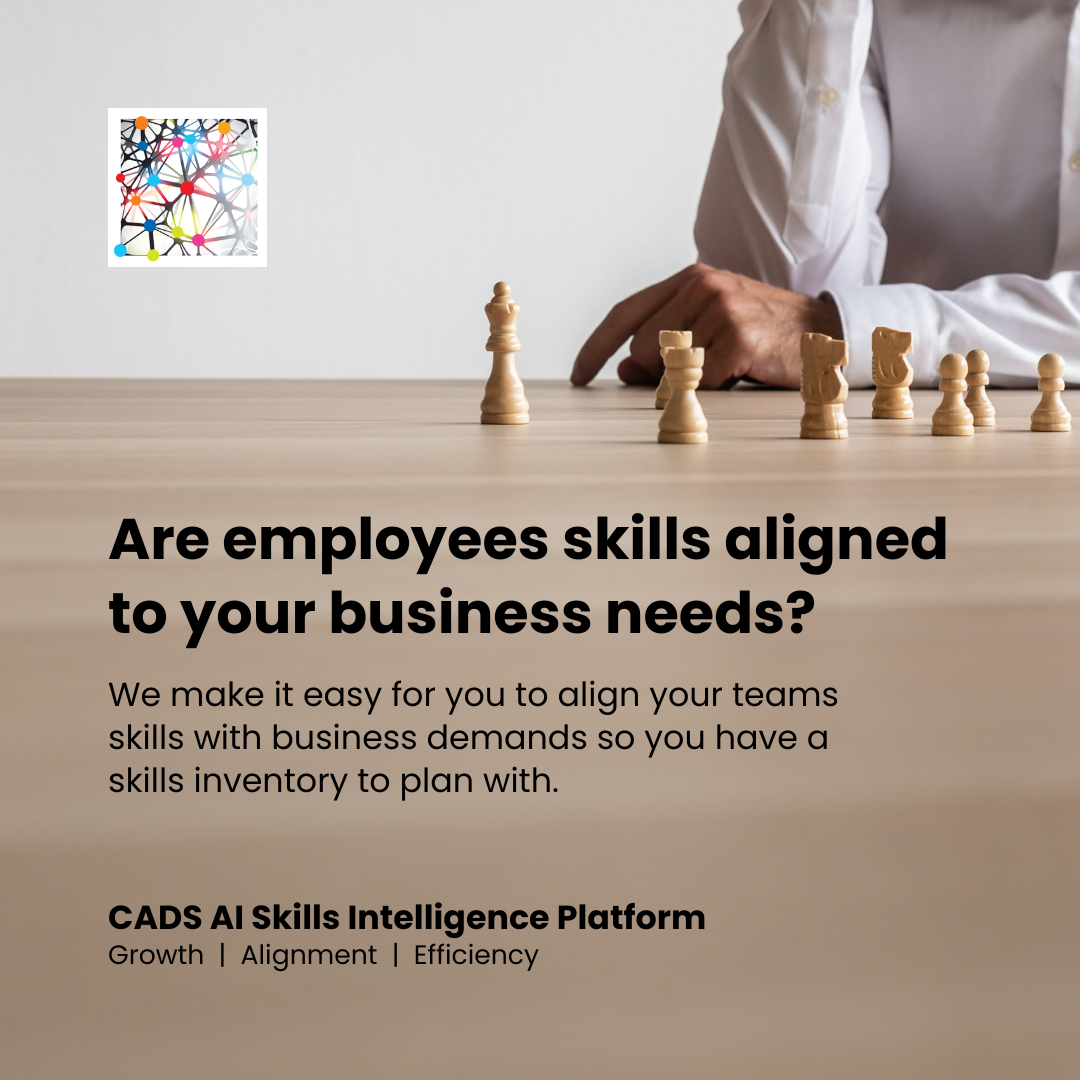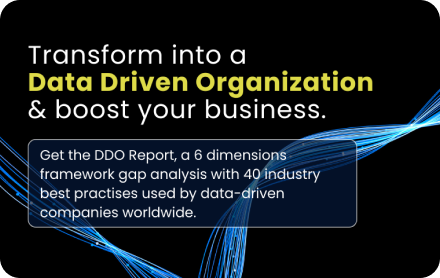The Future of Business is Digital: How to Prepare for a Digital Transformation
Empowering Organizational Change Through Data Science.
Digital transformation is the process of using digital technologies to fundamentally change the way an organization operates and delivers value to its customers.
Let's explore some actionable advice for you to drive digital transformation within your organization, with a focus on data science, of course.

First, try to encompass these pillars:
Embrace a Holistic Approach
To drive successful digital transformation, it's crucial to adopt a holistic approach that involves the entire organization (not just selected teams of employee groups).
Harness the Power of Data
Data is the fuel that powers digital transformation. By leveraging data effectively, businesses can gain valuable insights and make informed decisions.

Here are some department specific recommendations for utilizing data to drive transformation:
Communications
Monitor social media conversations, analyze sentiment, and measure the reach of campaigns and PR activities. Use social listening tools to gather real-time insights and adapt communication strategies accordingly.
Sales
Identify potential customers actively searching for your products or services on social media. Utilize data analytics to optimize sales strategies, personalize customer experiences, and boost conversion rates.

Market Research
Leverage owned social media channels to conduct low-cost market surveys and gather consumer expectations, preferences, and sentiments. Engage with your audience through interactive polls and strong call-to-action posts to foster participation.
Human Resources
Utilize B2C and B2B social platforms to showcase your organization's culture, values, and opportunities. Attract top talent by highlighting benefits of your company on platforms such as LinkedIn, Glassdoor, and other relevant forums.

Legal, Risk & Compliance
Employ data science techniques to monitor online threats, detect counterfeiting, prevent fraud, and mitigate information leaks. Implement advanced analytics and machine learning to proactively manage risks and protect your organization.
Customer Service
Respond promptly to customer complaints on social media to limit potential backlash. Utilize social media management tools like Hootsuite for an overview of your brand's social media activities and ensure exceptional customer service experiences.
Research and Development/Innovation:
Utilize data science to discover new startups and technologies for potential partnerships. Analyze market trends and consumer demands to drive innovation within your organization and stay ahead of the competition.
Purchasing
Leverage data analytics to identify new suppliers and expand your network. Discover previously unknown suppliers through digital platforms and marketplaces, ensuring competitive pricing and reliable sourcing.

Strategy
Track and analyze competitors' moves using data-driven insights. Leverage predictive analytics and market intelligence tools to proactively adapt your strategies and maintain a competitive edge.
Get a free report done for your business with an exclusive promocode if you email us at engage@cads.ai with "I'd like a DDO done today" in the email subject.
Benefits of Digital Transformation
Here are some specific benefits that businesses can achieve by undergoing digital transformation:
- Improved customer experience: Digital transformation can help businesses improve their customer experience by providing more personalized and convenient services. For example, businesses can use digital technologies to collect data about their customers' preferences and use this data to provide more relevant recommendations.
- Increased efficiency: Digital transformation can help businesses increase their efficiency by automating processes and streamlining operations. For example, businesses can use digital technologies to automate customer service tasks, such as answering FAQs and processing orders.
- Reduced costs: Digital transformation can help businesses reduce their costs by eliminating the need for manual processes and by making it easier to collaborate with partners and suppliers. For example, businesses can use digital technologies to digitize their supply chain, which can help them reduce inventory costs and improve delivery times.
- New revenue opportunities: Digital transformation can help businesses create new revenue opportunities by developing new products and services, entering new markets, and expanding their reach to new customers. For example, businesses can use digital technologies to create new e-commerce platforms, develop mobile apps, and expand their reach to international markets.
- Improved decision-making: Digital transformation can help businesses improve their decision-making by providing access to real-time data and analytics. For example, businesses can use digital technologies to track customer behavior, analyze market trends, and make better decisions about product development, pricing, and marketing.
These are just some benefits that can be achieve by undergoing a digital transformation. You might uncover specific benefits depend on the specific goals of the business and the specific digital technologies that the business implements.
Transformation Examples
Great examples of how digital transformation has been used to improve businesses:
- Netflix: Netflix used digital transformation to disrupt the traditional DVD rental industry. By offering a streaming service that allowed customers to watch movies and TV shows on demand, Netflix was able to provide a more convenient and affordable experience for its customers.
- Amazon: Amazon used digital transformation to revolutionize the retail industry. By creating an online marketplace that allowed customers to shop from a wide variety of retailers, Amazon was able to provide a more convenient and efficient shopping experience for its customers.
- Uber: Uber used digital transformation to create a new transportation service. By connecting riders with drivers through a mobile app, Uber was able to provide a more convenient and affordable way for people to get around.
These are just a few examples of how digital transformation can be used to improve businesses. By embracing digital transformation, businesses can stay ahead of the competition and create new opportunities for growth.
Summary
Digital transformation requires a strategic and holistic approach, supported by data science. By embracing this shift and fostering cross-departmental collaboration, business leaders can drive meaningful change within their organizations. Engaging with data effectively empowers teams to make better decisions and achieve transformative outcomes. Are you ready to lead your organization into the digital era?
Take the first step towards digital transformation today!
Learn more about the power of data-driven decision making and how it can revolutionize your business.
find out how
#DigitalTransformationJourney #DataDrivenDecisionMaking #BusinessInnovation #DigitalStrategy #OrganizationalChange #DataScienceRevolution #FutureOfWork #DigitalLeadership #TechTransformation #CrossFunctionalCollaboration #BusinessGrowth #DataAnalytics #InnovationCulture #TechTrends #AdaptingToChange #DigitalEmpowerment
.gt





